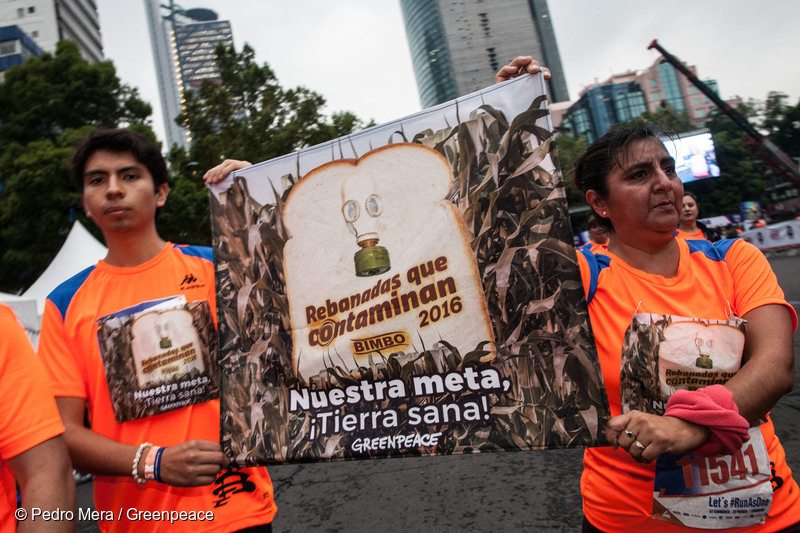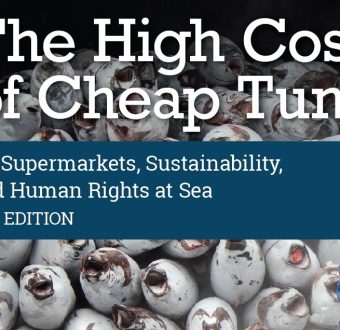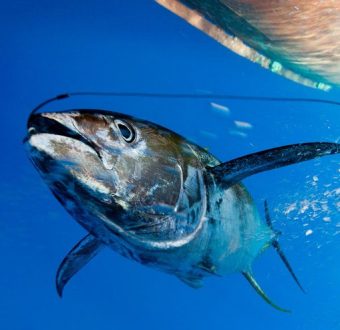If you grew up going to la tienda with your parents to buy groceries like we did, you’re probably very familiar with Bimbo. You might even recognize their catchphrase: “Con el cariño de siempre.”
More Than Nostalgia
Bimbo is the company that provided us with childhood chucherías we begged our parents for, like Gansitos and Pingüinos — which you know are better than anything Hostess ever put out. Even in the middle of a zombie apocalypse on Fear the Walking Dead, Gansitos are the snack of choice.

Gansitos!
But our favorite snacks are not all that Bimbo makes. In the United States, Bimbo owns 6 out of the 12 top bread brands, including the Ball Park buns you might put your hot dogs on and the Sara Lee bread you might use for your sandwiches.
Today, Bimbo is one of the most famous brands to come out of Mexico and a household name throughout much of Latin America. Bimbo is also the world’s biggest breadmaker, with enough influence to make a difference in our food system.
A Toxic Legacy
But Bimbo has a big problem — most of its products use ingredients heavily sprayed with pesticides. Many of the pesticides used to grow ingredients in Mexico are illegal in the United States because they are so toxic. Exposure to these pesticides has been linked with higher risks for cancer, Parkinson’s disease, and neuro-developmental effects like autism.
We are all exposed to these toxic chemicals because our food is grown with pesticides, but some groups are more vulnerable to the associated health risks than others, like children and agricultural workers. That includes piscadores — the job that some of our parents started with when they first came to the United States — who pick the fruits and vegetables and harvest the grains that might eventually go into our Bimbo bread.
Nuestra Voz
Now that you know the chisme, you can do something about it!
We still love those Gansitos, but we know Bimbo can do better. The industrial agriculture that Bimbo depends on to make its bread is failing us. But you can ask Bimbo to step up its game by getting rid of the pesticides and supporting a transition to ecologically sustainable farming that maintains the health of our soils, water, and climate — protecting our gente and the future of our planet.
More than 70,000 people in Mexico are already haciendo bulla, demanding that Bimbo commit to a plan assuring high-quality food grown without toxic chemicals. 30,000 more have taken action in the United States. As members of the Latinx community in the U.S., we can stand in solidarity. Tenemos poder para cambiar el mundo.
We can inform and influence our families: our brothers, sisters, kids, parents, abuelitos, and even those who are back in nuestros países. The way our food is grown affects us all.


